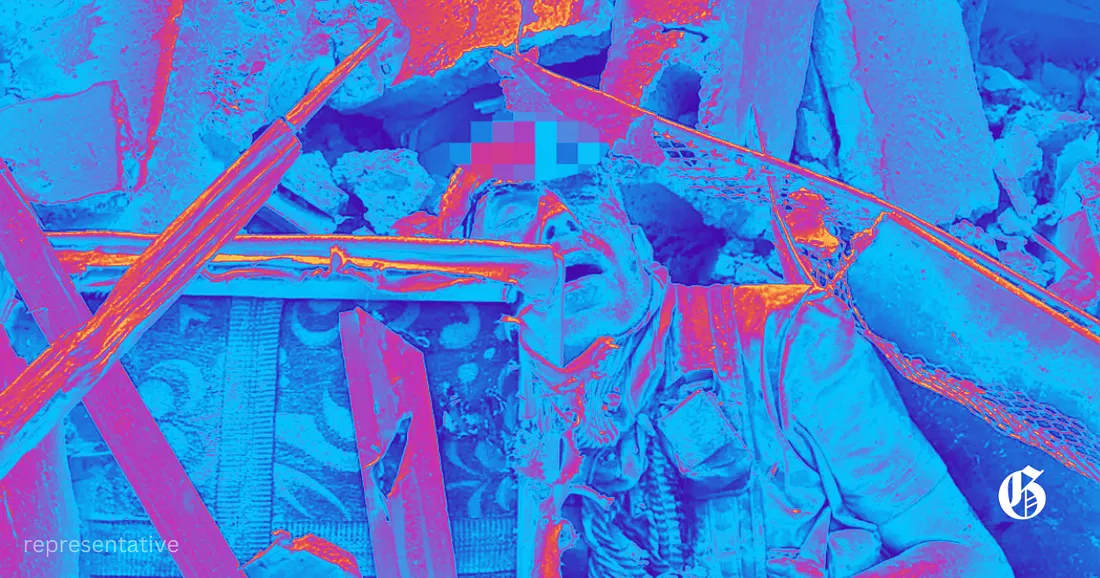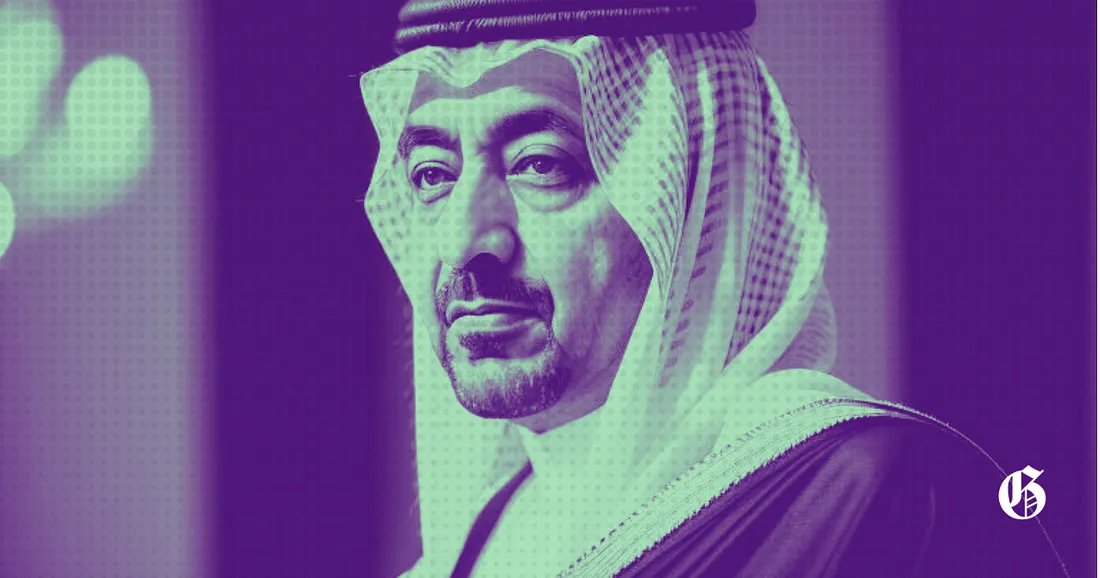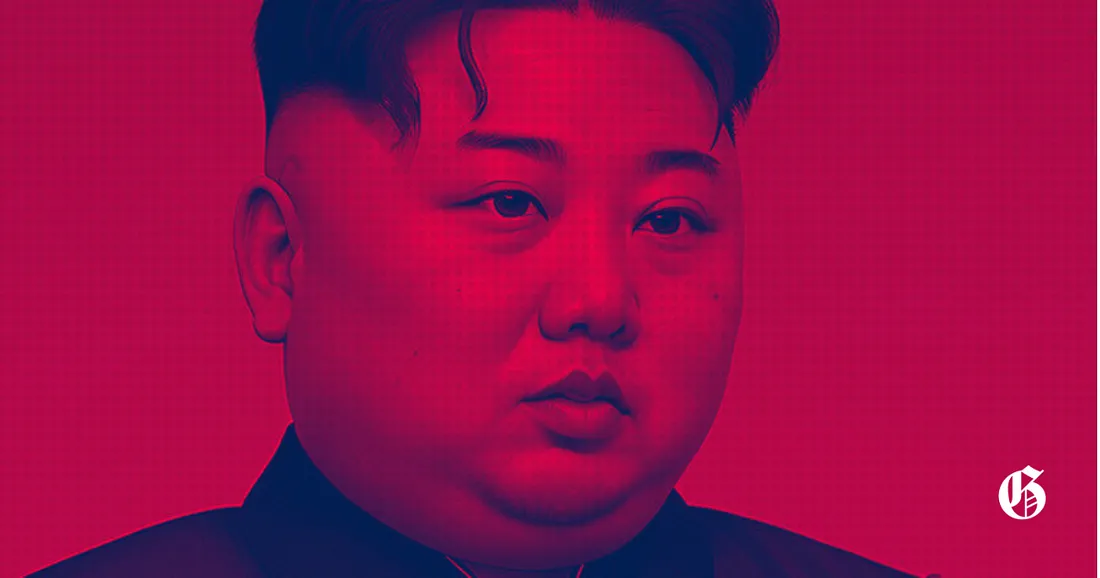In the realm of international journalism, few institutions evoke as much debate and division as Al Jazeera. Established in 1996 in Qatar, Al Jazeera has positioned itself as a leading news organization, particularly in the Arab world. However, I argue that it functions as a terrorist media outlet, propagating the rhetoric of extremist groups while maintaining a facade of journalistic integrity. My concerns primarily stem from its content disparities between its Arabic and English channels, its advocacy for groups like Hezbollah, the Houthis, Hamas, and Iran, and the apparent lack of accountability by U.S. authorities.
Disparities in Content
One of the most striking features of Al Jazeera’s operations is the stark contrast between its Arabic and English broadcasts. Critics argue that while the Arabic channel provides a platform for extremist rhetoric, the English channel often opts for a more sanitized version of events. This disparity not only misleads viewers but also suggests a deliberate strategy to cater to different audience ideologies. In Arabic, the network frequently airs speeches from leaders of terrorist organizations, glorifying their causes and often framing their actions in a sympathetic light. In contrast, the English version’s coverage tends to downplay these perspectives, resorting instead to narratives more palatable for Western audiences.
This selective reporting serves a dual purpose: it allows Al Jazeera to cater to its Arabic-speaking viewers who may sympathize with these extremist groups while simultaneously maintaining a more respectable reputation in Western contexts. This approach complicates the discourse surrounding terrorism and undermines the values of responsible journalism. According to pundits like Sohrab Ahmari, these actions only bolster extremist ideologies by providing them with a platform to reach unsuspecting viewers (Ahmari, 2021).
Advocacy for Extremist Groups
Al Jazeera has often come under fire for its perceived advocacy of groups like Hezbollah, the Houthis, and Hamas. Through its coverage, the network frequently portrays these organizations in a sympathetic light, framing them as defenders of their communities against foreign aggression. For instance, Al Jazeera’s reporting on the Gaza Strip frequently highlights Hamas’s narrative while minimizing the context of the ongoing conflict, thus fostering a one-sided portrayal of events (Smith, 2019).
In doing so, Al Jazeera ignores the implications of such support. The actions of these groups often involve violence and terrorism; presenting their perspectives without thorough analysis promotes a dangerous misinformation cycle. Moreover, their backing becomes particularly troubling given that many of their sponsors reside in countries like the United States, which continues to provide substantial military and economic support to the Qatari state despite its alleged connections with extremist groups.
An Impunity That Invites Questions
The lack of scrutiny on Al Jazeera’s operations raises further concerns. The United States, a nation committed to combating terrorism, has shown little inclination to hold Al Jazeera accountable for its content. This blindness is bewildering; there is a clear contradiction in allowing a media outlet to operate freely while simultaneously presenting itself as a staunch opponent of terrorism. Experts like Michael Eisenstadt from the Washington Institute have highlighted this hypocrisy, questioning the efficacy of American counterterrorism strategies when platforms like Al Jazeera continue to proliferate extremist rhetoric unchecked (Eisenstadt, 2020).
Implications for International Security
Considering these factors, it becomes increasingly imperative for countries employing citizens who work for Al Jazeera to reevaluate their affiliations with the outlet. Any individual who engages with a media organization that so blatantly supports terrorism should be scrutinized. These citizens ought to be treated as potential risks to national security, requiring measures such as imprisonment or extensive monitoring upon their return.
For example, European nations and others with stringent anti-terrorism laws should consider how their citizens may be influenced or radicalized by exposure to Al Jazeera’s narratives. Allowing employees from a media outlet known for its endorsement of extremist viewpoints can create a dangerous precedent, undermining collective global efforts to combat terrorism.
Conclusion
In summary, my assessment of Al Jazeera as a terrorist media outlet is rooted in its manipulative strategies of storytelling, content disparities between languages, and its unexplained support for extremist organizations. This operates not just as a concern for those entirely removed from these geopolitical tensions but poses a direct challenge to representatives of democratic nations that hold a crucial stance against terrorism. As citizens, we must advocate for accountability and responsible journalism, demanding transparency and integrity from outlets like Al Jazeera that wield significant influence in shaping public perception.
References
- Ahmari, S. (2021). A Clash of Civilizations: How Al Jazeera Misrepresents the West and Empowers Extremists. Commentary Magazine. Link
- Eisenstadt, M. (2020). The End of Al Jazeera? The Impact of Qatar’s Relations with the United States on Extremist Media. Washington Institute. Link
- Smith, J. (2019). Selective Reporting: Al Jazeera’s Influence on Public Perception in Arab Communities. Middle East Quarterly. Link
- AP News (2020). Egypt blacklists Al Jazeera over rights report. Link
- Al Arabiya (2017). Al-Jazeera’s main Twitter account gets suspended. Link
- Al Arabiya (2017). Security source: 21 sites supporting terrorism including Al-Jazeera blocked in Egypt. Link
- Al Arabiya (2017). Saudi Arabia shuts down Al-Jazeera’s Riyadh bureau. Link
- Al Arabiya (2017). Websites of Al-Jazeera Qatari newspapers blocked in Saudi Arabia. Link
- Times of Israel (2024). IDF releases file seized in Gaza to show Al Jazeera reporter was Hamas member. Link















